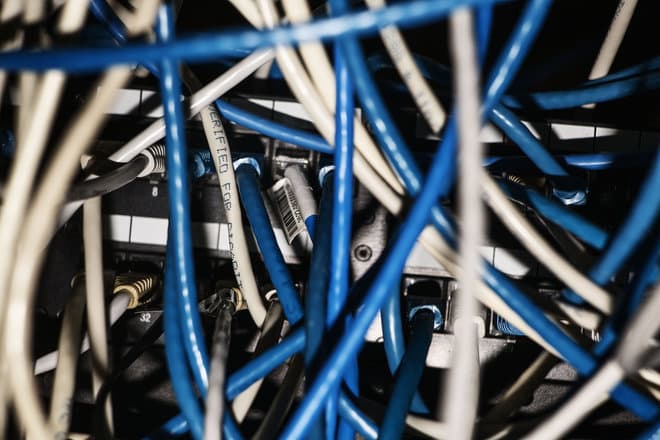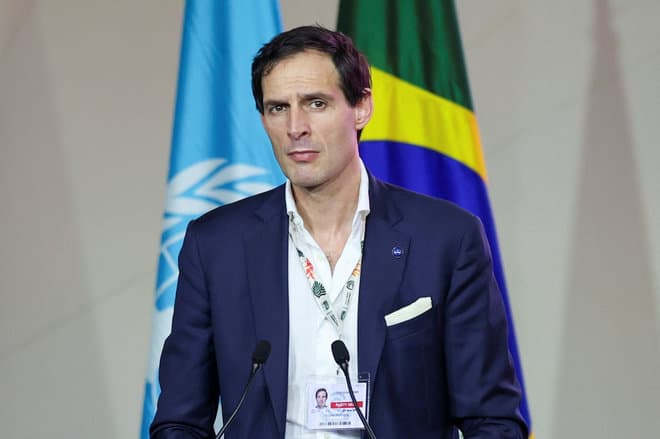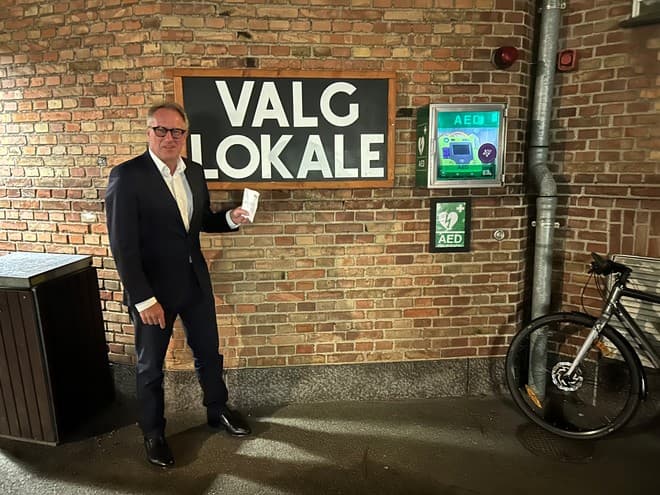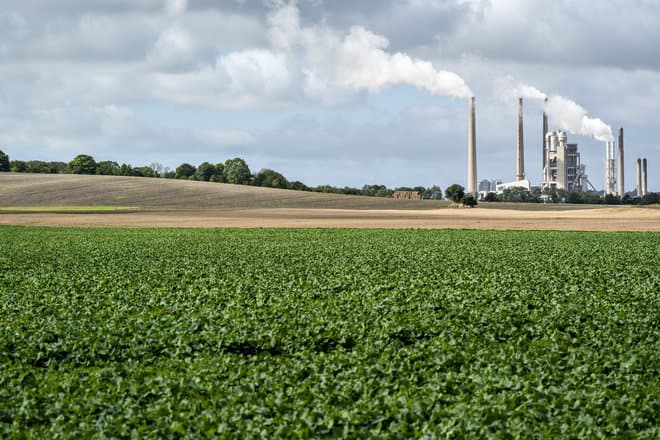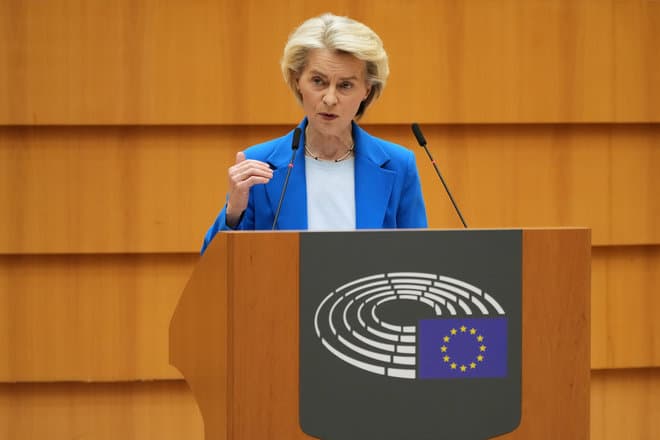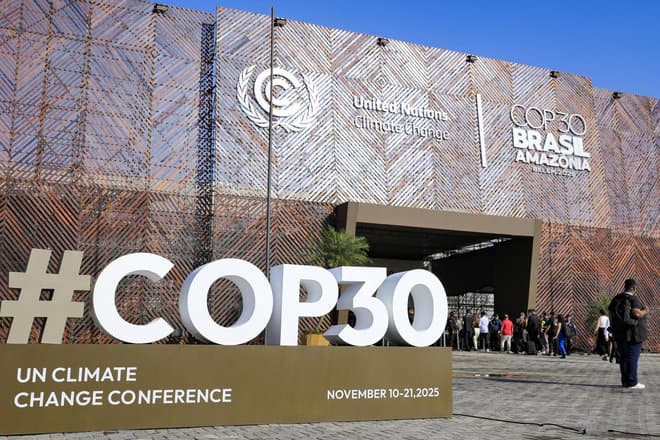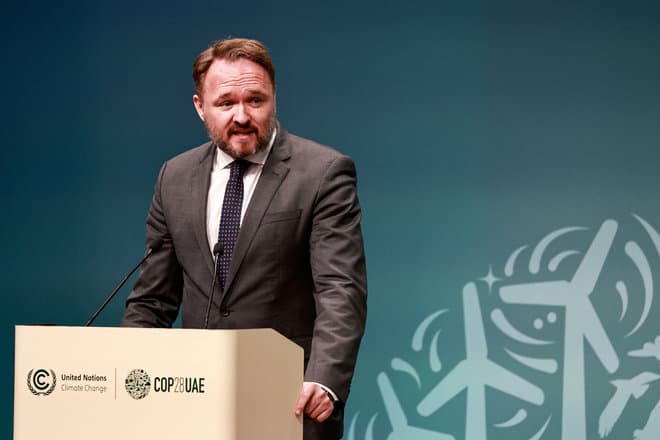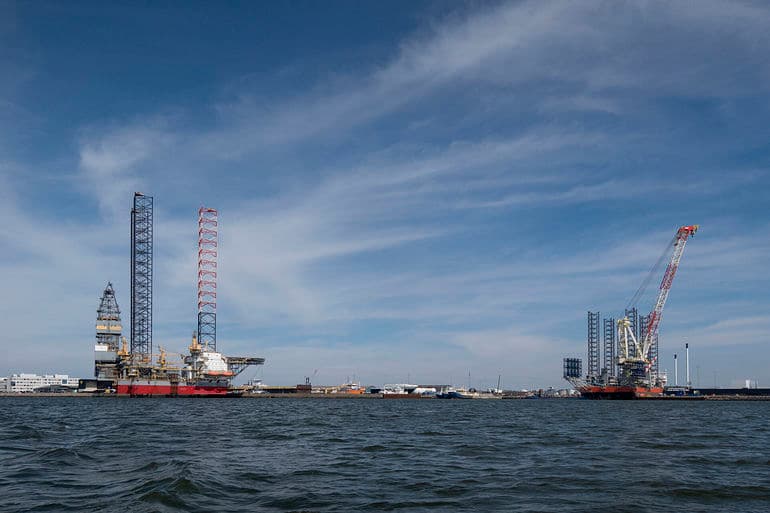
By 2050, oil and gas extraction in the Danish part of the North Sea will cease. While that deadline might suggest a sector winding down, that is far from the fact.
A recent report from HBS Economics, prepared for Dansk Offshore, shows that the sector directly employs some 6,900 people and supports up to 19,600 full-time equivalents when indirect and induced jobs are included – 1.2 percent of private sector employment in Denmark.
- It demonstrates that we are a vital industry. We have always delivered significant value to GDP and to the state – with relatively few employees, says Martin Næsby, CEO of Dansk Offshore.
But even though the industry remains as vital today as in 1972, when the industry first took off in Esbjerg, the industry has been an ever changing one. New methods and technology are being developed, new business areas being explored, new collaborations materialise and new talents emerge.
- Since the sector began, close to DKK 720 billion has been contributed to the state. That’s because the resources we extract from the North Sea are highly valuable. We are working to secure production until 2050, as it contributes both economically and to security of supply, says Martin Næsby.
New people in pipeline
Since the earliest drilling activities in the North Sea, Esbjerg has been the core of Denmark’s offshore sector.
- Esbjerg is absolutely central. There’s a reason it has been named an energy metropolis, says Martin Næstby.
Today, 46 percent of direct employment remains located in the municipality. But the report also shows that indirect employment effects extend throughout the country – particularly through subcontractors.
- The supplier industry is skilled and hard-working, and there’s a strong cluster of competencies. Many of the skills used in offshore oil and gas are also critical in wind. It has been an excellent foundation – and now Power-to-X and CCS are being added, says Næsby.
The Capital Region now accounts for 25 percent of direct offshore employment, largely due to the presence of company headquarters in Copenhagen. Including indirect employment, the region represents 31 percent of the total.
But at a certain point, the changes are coming too slowly, Martin Næsby argues.
Women currently account for less than 30 percent of the workforce, and the imbalance is even more striking at management level.
- If I had to highlight one thing that surprised me, it would be that we aren’t better at bringing women into the industry – especially into leadership positions. Only 15 percent of managers are women, and that is something we need to address, says Martin Næsby.
The sector has historically been male-dominated which can make it more difficult for women and for female leaders. Still, this is no excuse, insists Martin Næsby.
- The numbers speak for themselves. Why it’s like this, I don’t know – but that’s exactly what we need to understand.
Although Dansk Offshore does not hire staff directly, it works to shape framework conditions and support recruitment and retention through committees and industry partnerships.
- As an industry organisation, we work with ‘people in the pipeline’ – attracting and retaining the best talent in the industry, Martin Næsby explains.
- This also requires offering attractive career paths for women in the offshore industry. We have alliances and committees in place that are discussing concrete initiatives, and it is a topic we plan to raise in the collaborative forums we are part of.
Shaping the future
It is not just the location of work or the workforce that are facing changing. The sphere and member base of the industry are also increasing with the increased focus on CCS.
Dansk Offshore has recently expanded its membership to include licence holders and operators involved in the storage side of CCS both onshore and offshore. This represents a strategic turning point for the organisation.
- We’ve broadened our focus and now also represent CCS storage operators i.e. storage license holders and by doing so have welcomed new members who have no connection to oil and gas. That affects our responsibilities, communication and structure – and it has real consequences for the industry.
CCS holds great potential – both in terms of emissions reduction and job creation.
Studies from KRAKA and Dansk Metal suggest that in high-case scenarios, CCS could generate up to 3,000 jobs in Denmark. And many of the required competencies already exist within the offshore industry.
- Denmark has enormous storage potential – up to 22 billion tonnes. But it will require well-founded decisions and investments. The first CO₂ injection has already taken place, and everything indicates that it works as intended, says Martin Næsby.
Still, he cautions against declaring CCS ready for full-scale operations – either offshore or onshore, where the first exploration licences have recently been issued.
- It’s in between. The technology is known. Pilot projects have been completed – both offshore and onshore. We know the offshore environment well. Onshore requires more groundwork, and that’s what the companies are doing now – including public engagement, says Martin Næsby.
North Sea gas remains part of the climate puzzle
Despite the urgency around CCS – and its potential to help offset some of the climate impacts from the oil and gas sector – fossil fuels will still be needed for years to come.
The climate debate has transformed the role of oil and gas, but Russia’s invasion of Ukraine has also reminded Europeans of the importance of energy security. A recent report prepared by DTU shows the fact that Danish gas has a smaller climate footprint than liquefied natural gas (LNG), which has partly replaced the Russian supply.
With the restart of the Tyra field, Denmark is once again a net exporter of gas and contributes to the European security of supply – a development welcomed by Dansk Offshore.
Still, despite the fact that Danish oil and gas often have a lower carbon footprint than foreign alternatives, Dansk Offshore continues to support the political agreements that call for a complete phase-out of Danish production by 2050.
- In some places, the conversation has changed. But I still believe – and I think it’s important – that Denmark sticks to its climate goals.
That is why Dansk Offshore insists on maintaining the agreements already in place.
- We have the North Sea Agreement, and we should not reopen it. What matters is having a long-term regulatory framework that we can plan around. But I also believe there’s growing recognition that having our own energy resources is a strength, Martin Næsby points out before saying:
- We are perhaps not a game changer in regard to the global energy infrastructure, but we are an important part of the puzzle.
This article is originally published in our magazine DOI 2026.
Text, graphics, images, sound, and other content on this website are protected under copyright law. DK Medier reserves all rights to the content, including the right to exploit the content for the purpose of text and data mining, cf. Section 11b of the Copyright Act and Article 4 of the DSM Directive.
Customers with IP agreements/major customer agreements may only share Danish Offshore Industry articles internally for the purpose of handling specific cases. Sharing in connection with specific cases refers to journaling, archiving, or similar uses.
Customers with a personal subscription/login may not share Danish Offshore Industry articles with individuals who do not themselves have a personal subscription to Danish Offshore Industry.
Any deviation from the above requires written consent from DK Medier.








